
Industry News
If you’re a cat owner, you know the eternal struggle: the search for a litter that actually keeps odors at bay. The ideal product would be powerful, natural, and low-maintenance. In recent years, a new contender has entered the ring, promising to check all these boxes: cassava cat litter.
Sourced from the root of the cassava plant, this litter is gaining a reputation as a powerhouse for natural odor control. But does it live up to the hype? This article will dissect the science and user experiences behind cassava litter to give you a clear, unbiased answer on its effectiveness for neutralizing unpleasant smells.
Before we judge its performance, it’s important to understand what we’re dealing with. Cassava is a starchy root vegetable, similar to yam or potato, that is a dietary staple in many parts of the world. It’s also known as manioc or yuca.
Cassava-based cat litter is typically made from the fibrous cassava pulp, a byproduct of tapioca starch production. This pulp is dried and ground into a fine, sand-like consistency. The resulting product is:
Biodegradable: It breaks down naturally, making it an eco-friendly cat litter choice.
Clumping: It forms firm, solid clumps when it comes into contact with moisture, making waste removal easy.
Natural: It contains no synthetic chemicals or perfumes, appealing to those seeking a natural cat litter solution.
Lightweight: It is significantly lighter than traditional clay litters.
But its most marketed feature is its innate ability to combat odor. Let’s explore why.
To understand how any litter works, we must first understand the enemy. Cat urine odor primarily comes from urea, which breaks down into ammonia. Solid waste odor is a complex mix of volatile organic compounds (VOCs) produced by bacteria.
Cassava litter fights odor through a powerful one-two punch: superior absorption and natural neutralization.
Exceptional Absorption and Tight Clumping
The key to controlling urine odor is to manage it at the source. Ammonia smell becomes potent when urine pools at the bottom of the litter box, taking a long time to dry and allowing bacteria to thrive.
Cassava litter granules are highly porous and absorbent. They act like tiny sponges, pulling liquid away from the surface incredibly quickly. This rapid absorption prevents urine from pooling and stagnating. Instead, it’s instantly locked into a tight, solid clump. By scooping out this clump promptly, you are physically removing the source of the ammonia odor before it has a chance to permeate the air. This mechanism is a cornerstone of its effective odor control.
Natural Neutralization (The Starches and Fibers)
This is where cassava litter truly differentiates itself. The cassava root is rich in starches. These natural compounds are adept at trapping and neutralizing odor molecules rather than just covering them up with perfume.
Think of it like baking soda in your fridge. Baking soda doesn’t mask the smell of old food; it absorbs and neutralizes the odor particles. Cassava litter works on a similar principle. The starch molecules bind with the ammonia and other volatile compounds, effectively locking them away within the clump. This results in a low-dust cat litter that doesn’t just perfume the problem but eliminates it chemically and naturally.
Furthermore, because the litter is so effective at drying out waste quickly, it creates a less hospitable environment for the odor-producing bacteria to multiply. Less moisture means less bacterial activity, which means less smell.
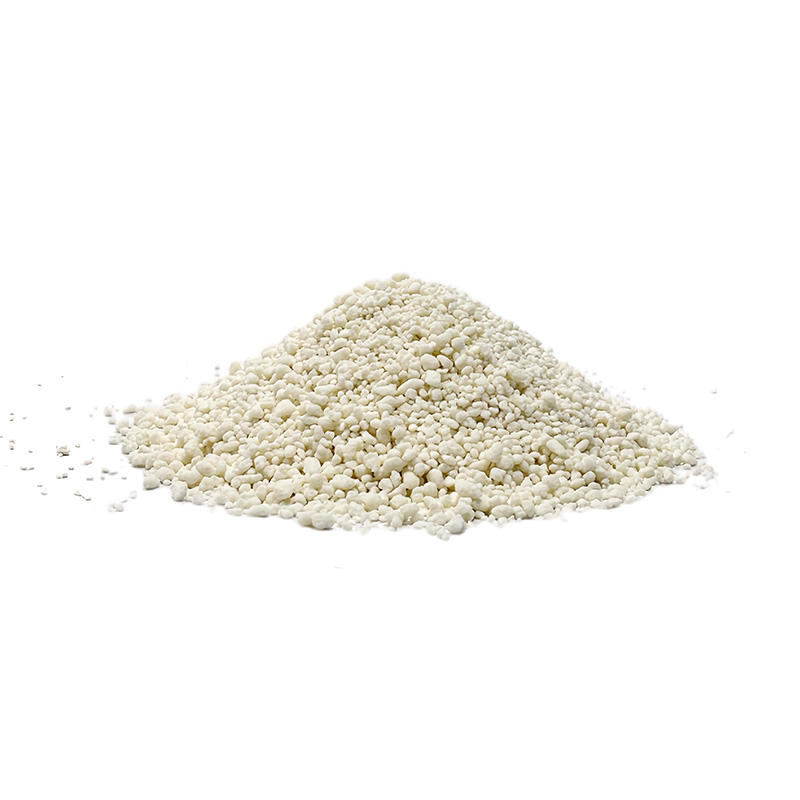
How does cassava stack up against other popular litter types in the battle against odor?
vs. Clay Litter: Traditional clay litter is absorbent but often relies on heavy perfumes to mask odor. These scents can create an overwhelming, perfumed-urine smell that many cats and humans find offensive. Clay is also notoriously dusty. Cassava, being nearly dust-free and perfume-free, offers a more natural neutralization process.
vs. Silica Gel Crystals: Silica litter is excellent at absorption; those crystals are designed to trap moisture and odor. However, some users find that once the silica beads are saturated, the odor can release back into the air. Cassava’s clumping action allows for continuous removal of the odor source.
vs. Pine or Wood Litter: These litters use the natural scent of wood to mask odors and can be very effective when maintained well. However, the strong pine smell can be a turn-off for some, and the litter doesn’t always clump as firmly as cassava, making it harder to fully remove all urine.
vs. Corn or Wheat Litter: These are the closest cousins to cassava litter—natural, clumping, and biodegradable. They are also good at odor control. However, some users report that corn and wheat litters can be prone to molding in humid environments or if not scooped frequently enough. Cassava’s faster drying time can give it a slight edge in preventing mold and mildew odors.
No litter is magic. Its performance is inextricably linked to proper maintenance. To get the absolute best odor control for multiple cats or even a single cat, follow these best practices:
Depth Matters: Always fill your litter box with enough litter—aim for a depth of 3-4 inches. This provides sufficient material for proper clumping and prevents urine from hitting the bottom of the pan.
Scoop Frequently: This is the golden rule for any litter, but especially for clumping varieties. Scoop solid waste and urine clumps at least once, preferably twice, a day. By removing the waste immediately, you stop odors before they start.
Top It Up: As you scoop, you remove litter. Remember to add fresh litter regularly to maintain that crucial 3-inch depth.
Full Change and Clean: Even the best litters need a reset. Every 3-4 weeks (depending on the number of cats), completely dump the old litter. Wash the litter box with mild, unscented soap and warm water, dry it thoroughly, and refill with fresh litter. This prevents any residual odor from building up on the plastic itself.
Consider Your Environment: If you live in a very humid climate, ensure the litter box is in a well-ventilated area to aid the litter’s natural drying process.
The Right Box: A larger box gives your cat more space to choose a clean spot, which can help distribute waste and make your litter last longer.
While the focus is on odor, it’s only fair to present a balanced view. Some users report a few cons:
Tracking: The fine, sand-like texture can be easily tracked around the house. A good litter mat is highly recommended.
Cost: It is generally more expensive per pound than traditional clay litter. However, many users find its clumping efficiency and odor control make it last longer, offering better value.
Availability: While growing, it may not be as readily available on every supermarket shelf as clay, though it is easily found online.
Based on its natural properties and overwhelming user testimony, the answer is a resounding yes.
Cassava cat litter is exceptionally effective for odor control. Its effectiveness stems from a superior combination of rapid absorption, firm clumping, and the natural neutralizing power of cassava starches. It manages odor by eliminating it at the source rather than masking it with artificial fragrances, making it an excellent choice for households sensitive to perfumes or those simply seeking a more natural solution for their pets.
For multi-cat households, its powerful odor-locking capabilities make it a strong contender against more established brands. For any cat owner tired of the perpetual “litter box smell,” it is undoubtedly worth a try.
Ultimately, the “best” litter is a combination of what works for your cat’s preferences and what works for your nose. But if your primary goal is to win the war against unwanted odors, cassava cat litter provides a powerful, natural, and highly effective arsenal.
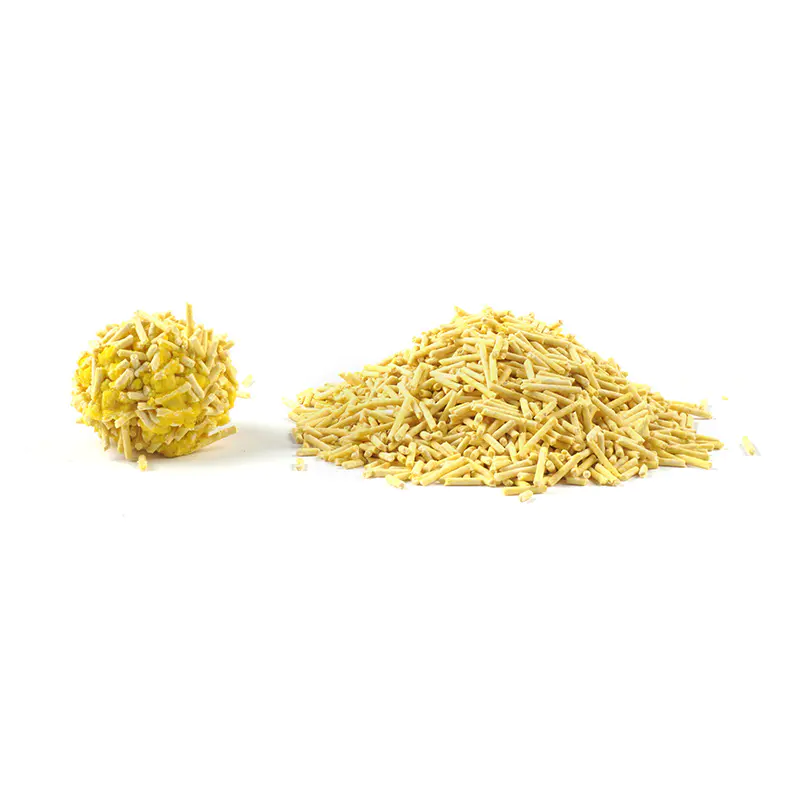
Tofu Cat Litter
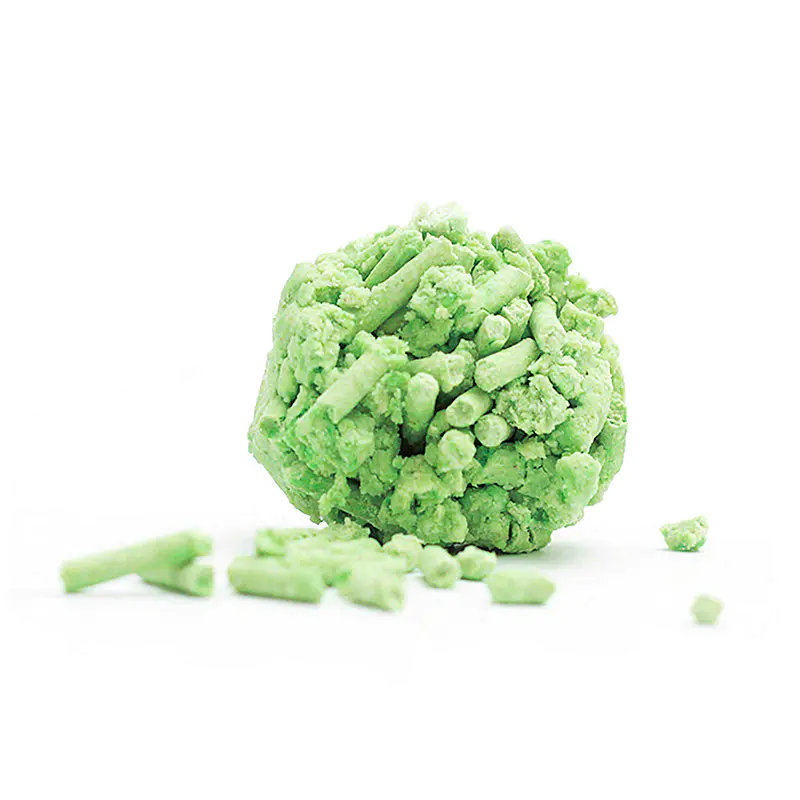
Tofu Cat Litter
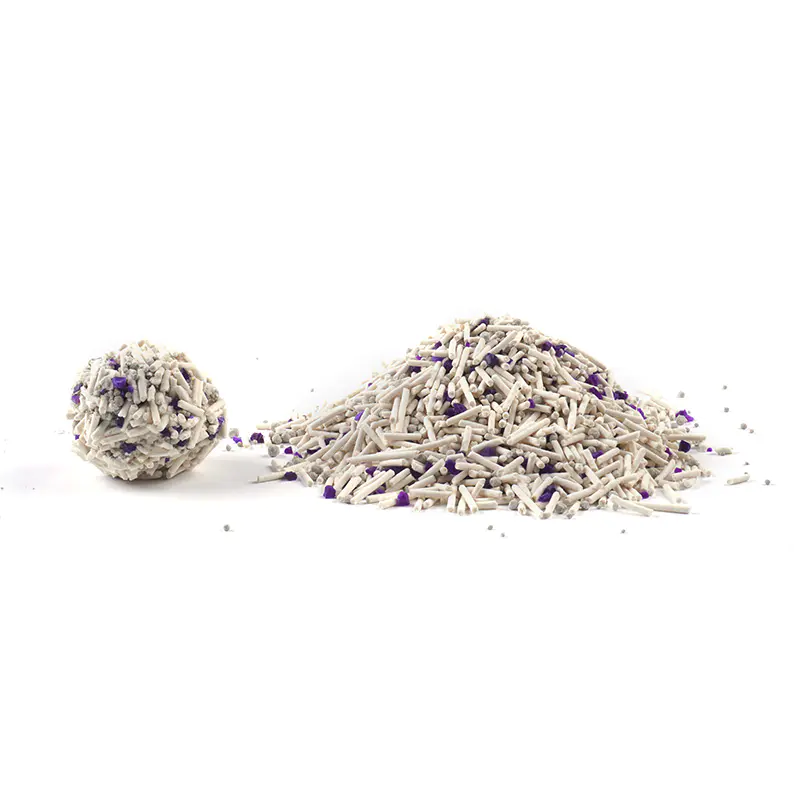
Mixed Cat Litter
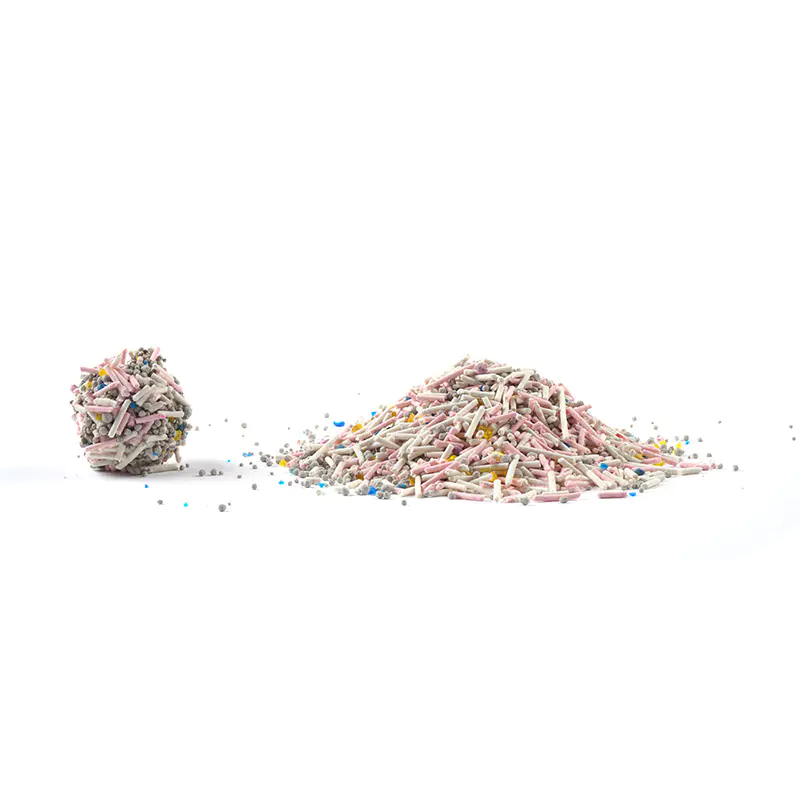
Mixed Cat Litter
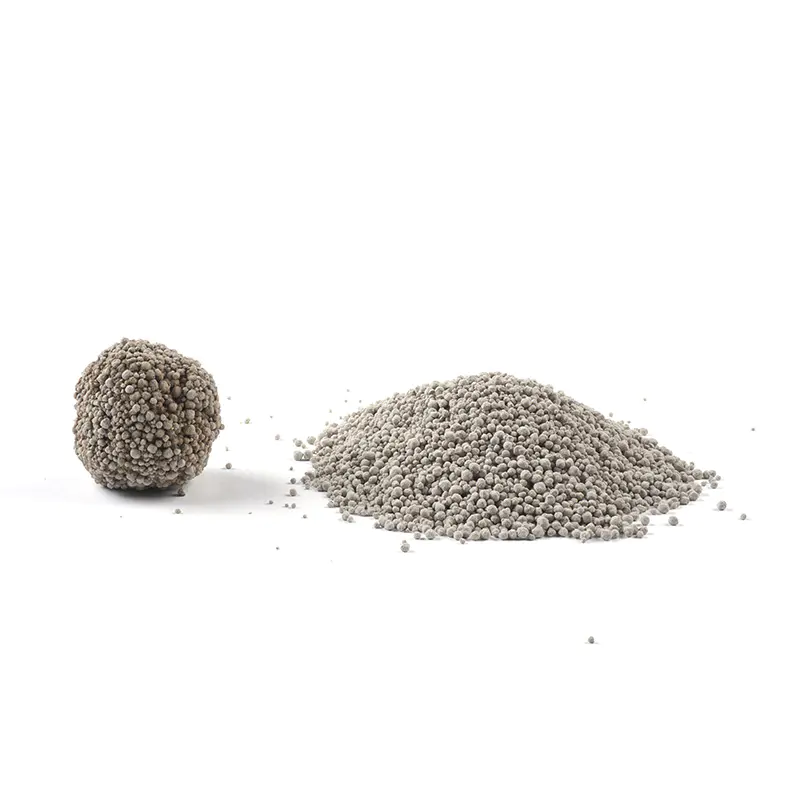
Bentonite Cat Litter


Got Questions? Call us 24/7

+8615263229311
No.88, Quandu Road, Xigang Town, Tengzhou City, Shandong, China. (Sincere Industrial Park)

OEM Cat Litter Manufacturers Bulk Cat Litter Wholesale Biodegradable Cat Litter Company
